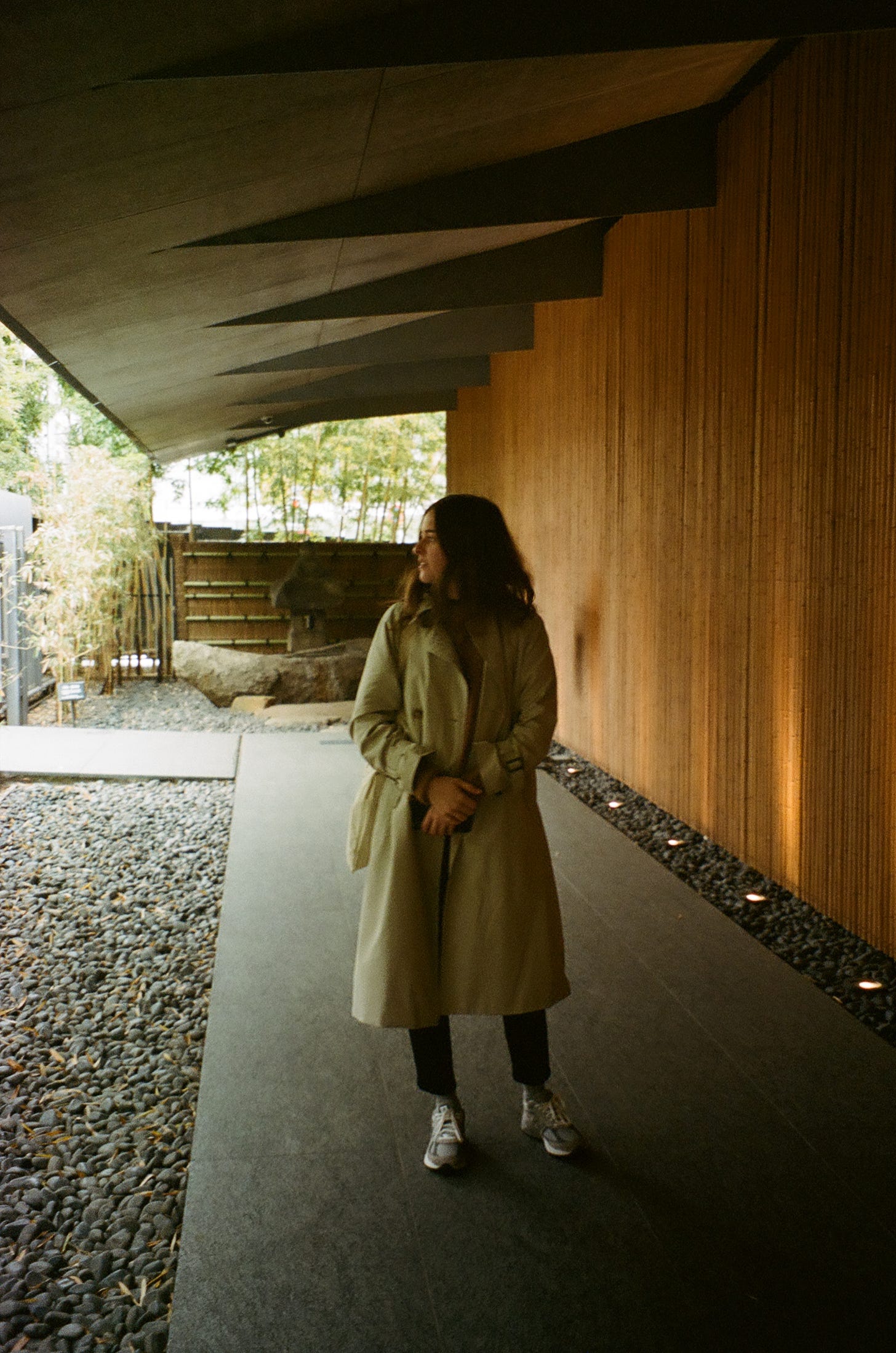Trigger warning: This post mentions infant death and the grief surrounding such a life event. Please skip if it’s too much.
Last week, I shared the topics I might cover in this newsletter, romance novels being one of them. And now, I’m going to explain why. But before I do, note that this is more of a personal essay (a very LONG personal essay, so buckle up), whereas future posts will mostly be a mix of shopping links and random recs, both of novels and otherwise. I’m sure there will be more essays in the future, but I doubt I’ll touch on this subject too often, both in protection of my own heart and yours.
So, why romance?
The answer is complicated and heavy, but this space feels safe to unspool some of my feelings on the subject (thank you for that!)—and perhaps it will even be cathartic.
Let’s get into it.
Did you know that romance literature has a formula? For the most part, the genre is bound to certain beats. First, the main characters cross paths and their trajectories are irrevocably changed because of it. Tension between the two builds, both good and bad. This is the rollercoaster going up, up, up. Then, they inevitably come together like metaphorical fireworks (sometimes literally, sometimes figuratively). And yes, it should feel inevitable, like you’ve reached the top of the coaster and you’re about to plunge down. There is a lot of creative license here—some authors find this in the first act, some not until the dregs of the third. Most stick with about the 50% mark.
In the third act, the main characters must face adversity, whether that is battling each other or battling a common foe—cue all the corkscrews in said rollercoaster. In most instances, the two break up over something that is seemingly too difficult to overcome. Usually, it’s a miscommunication, but no matter—it feels insurmountable. If you read on a Kindle, this falls somewhere between 70 and 90% of the novel. Soon after, of course, they solve their issues. They’ve proven they can face any challenge.
And, then?
Sigh.
It’s the HEA—the happily ever after. The main characters will always—and I do mean always—end up together. No matter how you slice it and dice it, the protagonists realize that they belong together, and go on their merry way, hopping off the rollercoaster hand in hand.
Every single romance novel ends with an HEA (or, at minimum, a HFN—happy for now).*
There is something about that formula—about the sureness of it, the predictability—that is undeniably comfortable. It’s snuggling up in a warm duvet when it’s raining outside. It’s sitting beside a roaring fire with a cup of tea clutched in your hands. It’s exactly whatever brings you the most comfort, all rolled up in a book.
For some of you, that predictability might feel too confining or boring—and that’s okay. For the purpose of this newsletter, let’s lean into this cozy warmth. And that doesn’t mean that every romance novel is all sunshine and rainbows. In fact, most aren’t! But, at the end of the day, no matter what happens to these characters, they find their happy ending—at least on the pages of the book, which is all we care about!
That’s why I read romance. It’s extremely comforting. And right now? I’m in a stage of life where I need comfort. But, there is more to it, so let’s dive deeper.
I often think about novels from a technical perspective, chopping them down into parts. Inspecting the nuts and bolts, the top of the rollercoaster and the bottom, even combing through the entire damn theme park. This relates to the *input vs. output* I mentioned in my last newsletter. I don’t just read to fill my writer’s cup, but it certainly helps to see how others navigate story beats.
When I read romance through this lens, I often imagine creating a story within the confines of its limited formula. It’s so much harder than it looks! I won’t even get into how difficult it is to write convincing chemistry between two characters. That is an entirely separate formula. When done right, you feel it sparking in your bloodstream. And if an author can somehow pull off a fresh take on tried-and-true tropes? Like I said, it’s harder than it looks.
So, as a side note, can we collectively stop belittling the genre? I crumble a little inside every time someone brushes it off as cheesy or trashy “chick lit,” as something not taken seriously. Sure, there are poorly written versions of it, as with every genre. But internally, I’m often screaming: I’d like to see you write a romance novel, bitch! (lol) Listen, if you don’t like love stories, I get it, but let’s quit judging romance so harshly!
Let’s get back on topic—thinking about novels from a technical perspective. In 2021, I was deep into editing my own manuscript, which is not a romance, funnily enough. The subplot does feature an undercurrent of romantic feelings, but it’s not technically a romance novel, so it doesn’t follow the story beats of the genre. It does, however, have a very specific narrative arc that is typically used in screenwriting: the set-up and catalyst in the first act; fun and games leading up to the midpoint, followed by the turning point where all is lost and the heroine must face a soul-reckoning; and then finally, in the third act, it’s the showdown, metaphorically battling the dragon, and completing the quest. At the time, I was heavily researching this narrative arc as I fine-tuned my own novel. I was living it, breathing it, daydreaming it.
And then, in August 2021, amidst this period of heavy research, I gave birth to our daughter, Rowe. It’s really hard for me to put into words what my husband and I went through during that time. If you aren’t familiar with our story, we learned soon after Rowe’s birth that her lungs weren’t working properly. She was taken to the hospital’s NICU and then transferred to Children’s Hospital Los Angeles NICU in quick succession, where she lived for thirteen days. There, she underwent test after procedure after test, all while on life-support, as doctors tried to figure out what was going on.
Those thirteen days are the worst days of my life, filled with trauma that I’m still processing, most of it honestly still too difficult to discuss, but one aspect I will share is a recurring thought I had at the time. I couldn’t stop thinking of Rowe’s life, our life, as a narrative arc. And her story? It was just starting. Chapter One of a perfect, crisp-paged novel. It was unfathomable to me that it would end, and so I convinced myself that no matter what happened, no matter how much worse it got, everything would soon right itself. The low oxygen numbers would surely increase. Her lungs would start working on their own. We’d face our darkest hour and then come out the other side.
To our happy ending.
That narrative arc made sense to me, to my trauma-addled, hormone-depleted, postpartum brain. I believed so wholeheartedly in it, in Rowe’s story, that I refused to believe in any other outcome.
And then, after two weeks at CHLA, our doctors received test results that changed the trajectory of our lives forever—Rowe had a rare lung disorder and she would not survive off of life-support. The core of my trauma lives within a single second, a single breath—the moment the doctors told us that she would not live.
It was a moment that I lost all faith. In my body. In my heart. In my brain. In our future. In our dreams. In reality. All of it, everything that I had inherently trusted to make sense, crashed and burned.
That wasn’t supposed to happen. That wasn’t how stories ended.
The disconnect was truly beyond belief. I had such blind faith in life, in the natural order of things, in a universal narrative arc, that I didn’t realize another outcome was possible. One devoid of anything good.**
And I know that life is unpredictable. That things can change in an instant. That people experience harrowing grief every single day. But you never expect a flower to die before it blooms. It simply doesn’t fall into our understanding of life and death.
After Rowe’s passing, I didn’t write for a long time. I felt betrayed. What was the purpose of story beats if real life was never going to fit into its rhythm? I took a break from research and closed my computer.
At the same time, our grief therapist urged my husband and I to lean into comfort, to find things that would act as a warm hug. We started with rewatching Seinfeld (for the hundredth time), which, let’s be honest, is extremely comforting! But, reading has always been my input, my cup filler, so I set out to find narratives with triumph. With sure wins. With something—anything—to combat these feelings of deep betrayal. I knew romance novels always ended in HEAs, so I started there. Before that, I’d read romance every now and then, but I didn’t know the genre well. I’d brushed it off as unimportant, like many do. I quickly learned that reading them became a balm, the only thing able to distract me from reality.
One book turned into two, into twenty, into a hundred. Into a Kindle Unlimited subscription (more on that later). From there, my appreciation for the genre grew. By then, I was pregnant again, this time with Ollie, and my mind was still so tender, my heart so raw. I leaned into that comfort, reading two to three novels a week, relying on its low-stakes predictability to carry me through.
And it did.
Of course, time is the greatest soother for grief—it softens edges like water over rock—but I will never discount the way romance literature comforted me. The way it still comforts me, two and a half years later.
My relationship with writing is still rocky at best, but I’ve moved past that visceral betrayal I once felt. I understand now that it was born from trauma, that my mind was doing its best to protect me from the inevitable. Now, I have a better excuse for why I haven’t worked on my novel: extreme sleep deprivation and brain fog brought on by the beauty of motherhood. And I wouldn’t change that for anything! One day, hopefully soon, I’ll get back into it.
For now, I’m going to keep reading romance novels. I’m leaning hard into this time of comfort, not only because I still feel so fragile about my daughter, but also because I truly enjoy the genre. I love reading about human connection and chemistry. About vulnerability and inevitability. About quirks and fears and misconceptions. About real emotions. But mostly, I love reading about love.
I can’t wait to share more of my favorites in the next newsletter.
*I’m referring specifically to standalone novels that fall under the Romance umbrella. There are authors who try to break the HEA mold, but they tend to piss romance readers off more than anything, so it’s rare!
**I said nothing good came from that horrible time, but I will be forever grateful for the exceptional treatment we received at CHLA. From the brilliant and caring doctors to the angelic nurses, they made our time there brighter. To this day, our doctors still check in, even letting us know exactly how they’ve been allocating funds from all the donations they’ve received from our community. Even on our darkest days, there was light.









I've had this bookmarked and somehow I've read other posts of yours and not this one until tonight. I am so moved and heartbroken by your story. Thank you for your vulnerability in sharing. I hung onto every word. You write beautifully and I'm so glad you're here <3 sending you love, my internet gal pal.
Love reading your writing again, Janelley. This was heartbreaking and beautiful. Also making me want to start reading romance…